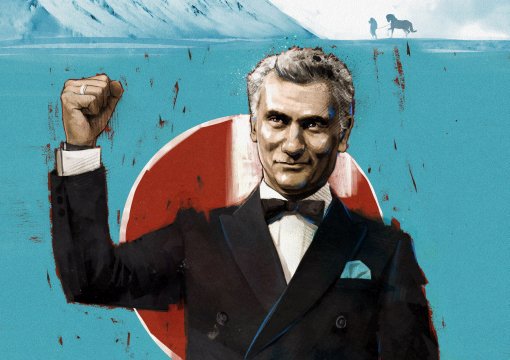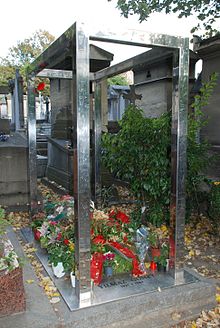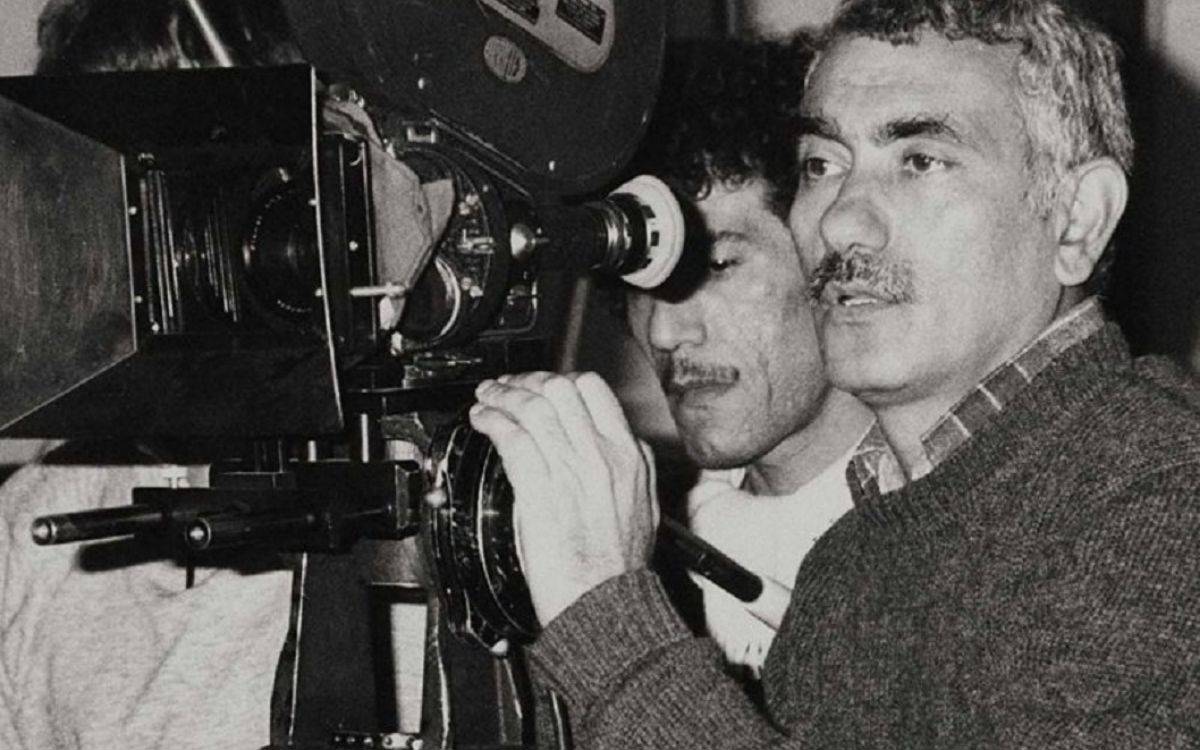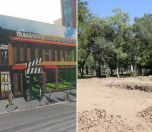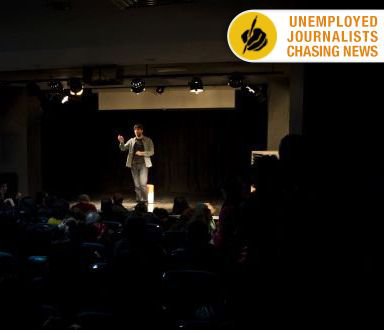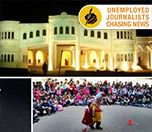Click to read the article in Turkish
The Middle East Cinema Academy Association (OSAD) will organize Yılmaz Güney Film Festival from April 27 to 29 after two years.
This year, motto of the festival is “We are on the Road with Hope, Overcoming Walls”.
Starting its journey as a short movie festival in 2010 with the initiative of Batman Municipality, the festival has been expanded to contribute to development of Kurdish cinema and create promoting conditions and opportunities for production in this field.
The trustee shut it down
However, the festival suspended when a trustee was appointed to Batman Municipality on September 11, 2016. The trustee administration first closed Yılmaz Güney Movie Hall where the festival was being held, and then demolished the building. For this reason, the festival couldn’t be organized for two years.
This, the festival has taken start again with the OSAD and other NGOs and institutions.
About Yılmaz Güney Yılmaz Güney (born Yılmaz Pütün, 1 April 1937 – 9 September 1984) was a Kurdish film director, scenarist, novelist, and actor, who produced movies in Turkish. He quickly rose to prominence in Turkish Film Industry. Many of his works were devoted to the plight of ordinary, working class people in Turkey. Yılmaz Güney won the Palme d'Or with the film Yol (The Road) he co-produced with Şerif Gören at Cannes Film Festival in 1982. He was at constant odds with the Turkish government because of his portrayals of Kurdish culture, people and language in his movies. After being accused of killing a judge, something Yılmaz claimed to be innocent of, and being convicted in a controversial trial in 1974, he fled the country and later lost his citizenship. In September 1980, Güney's works were banned by the new military junta. Güney declared, "There are only two possibilities: to fight or to give up, I chose to fight". After escaping from prison in 1981 and fleeing to France, Güney won the Palme d'Or at the 1982 Cannes Film Festival for his film Yol, whose director in the field was once again Şerif Gören. It was not until 1983 that Güney resumed directing, telling a brutal tale of imprisoned children in his final film, Duvar (The Wall, 1983), made in France with the cooperation of the French government. Meanwhile, Turkey's government revoked his citizenship and a court sentenced him to twenty-two extra years in jail. Yılmaz Güney died of gastric cancer in 1984, in Paris, France.
(Grave of Yılmaz Güney at Père Lachaise Cemetery, Paris) Source: Wikipedia |
(HK/TK)




